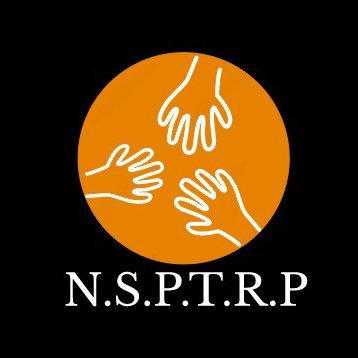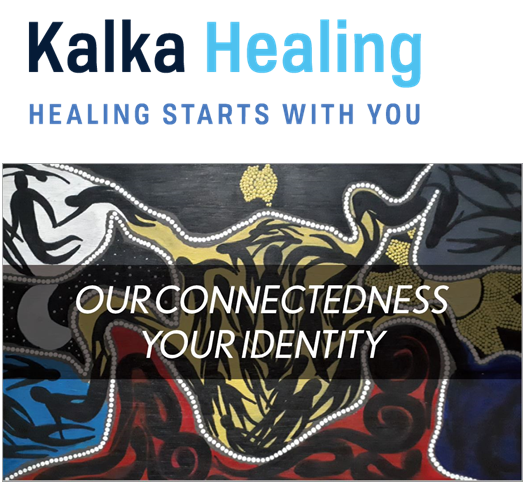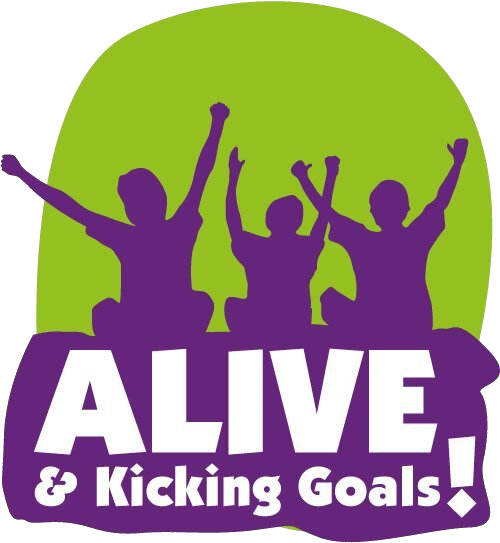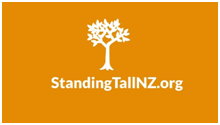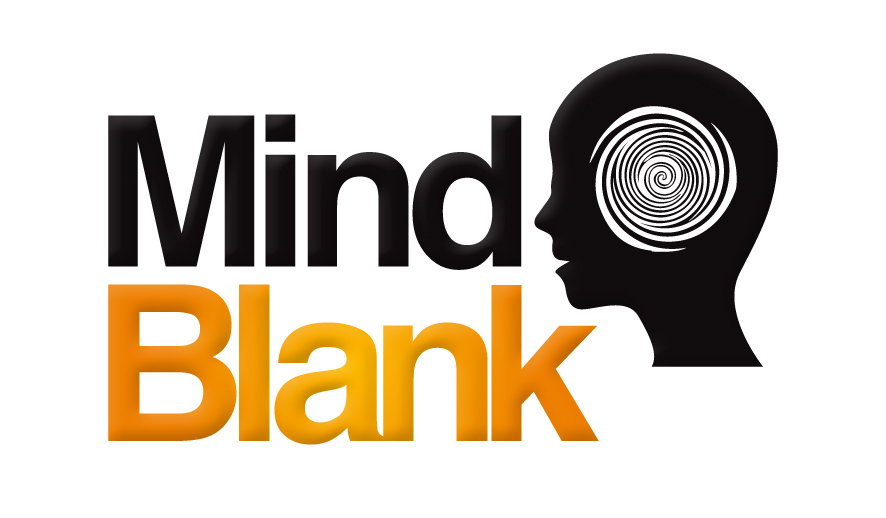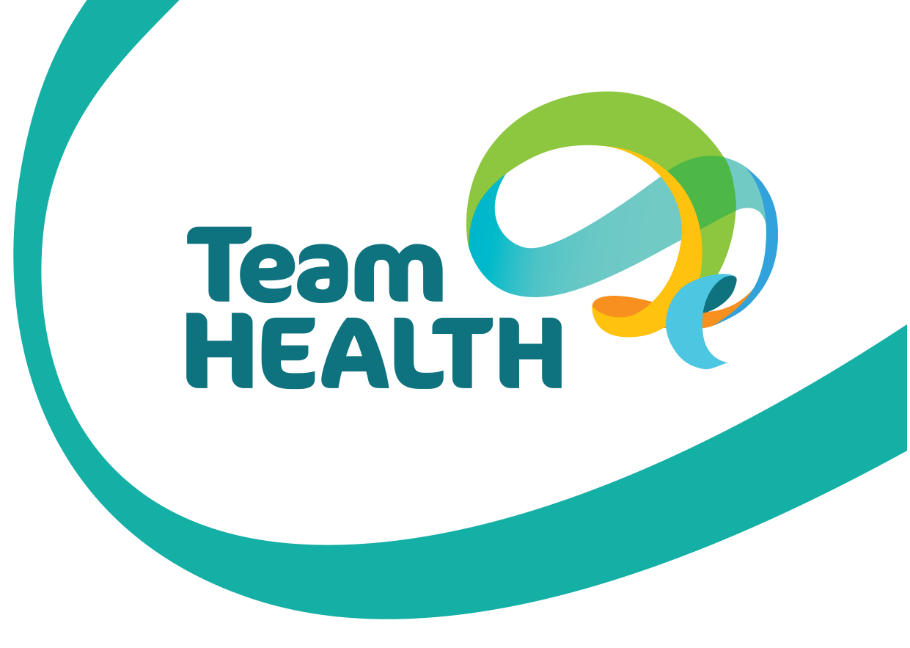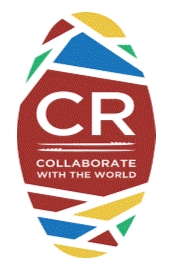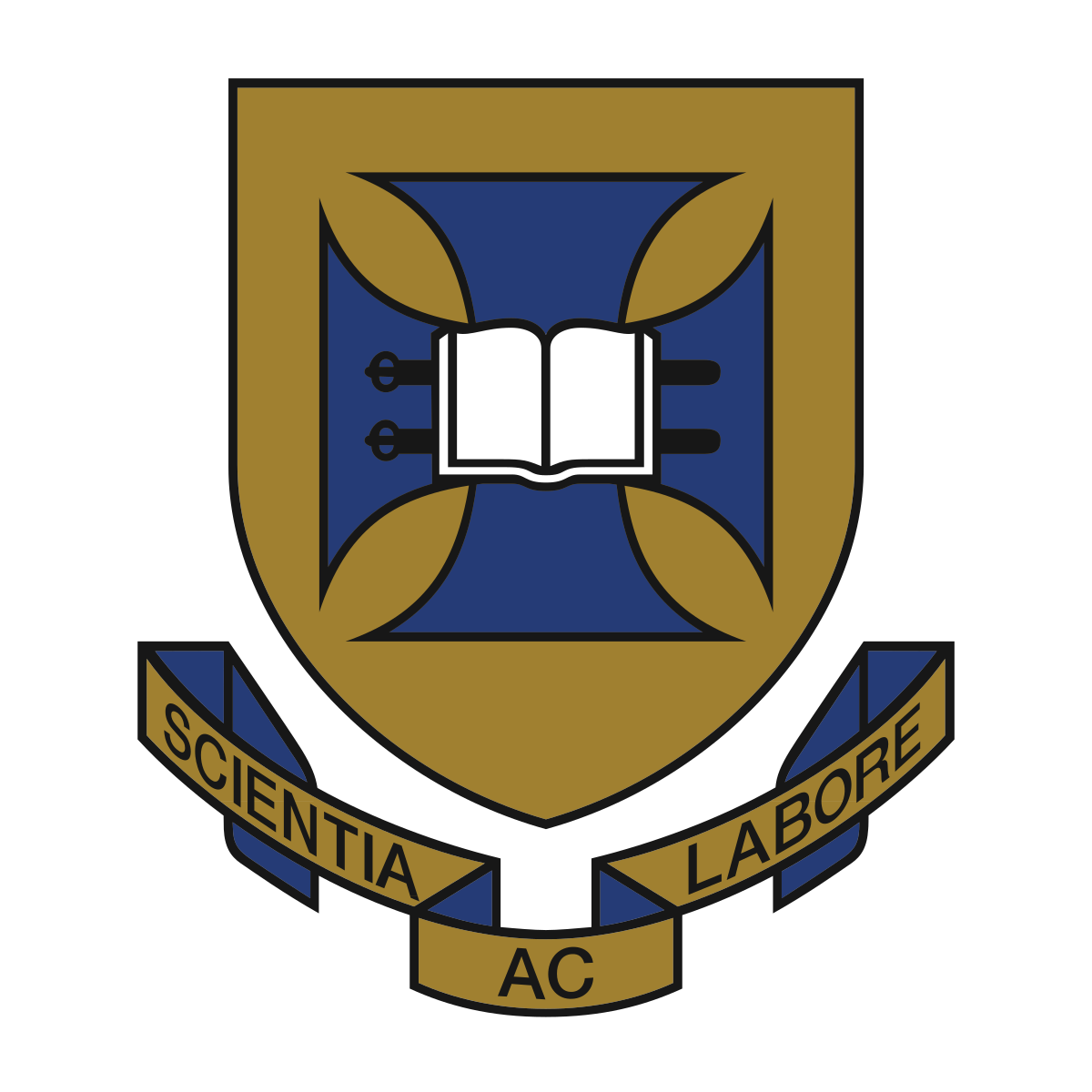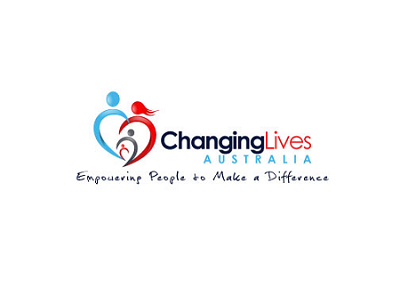Global Speakers
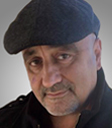
Gerry Georgatos
National Coordinator
National Suicide Prevention & Trauma Recovery Project (NSPTRP)
Topic: A Cry For Help – The Suicide Crisis Among Indigenous Youths
Fireside Chat With Gerry Georgatos: Tackling Poverty In The Indigenous Community
National coordinator, National Suicide Prevention & Trauma Recovery Project. Gerry Georgatos has delivered restorative reintegration projects in Juvenile Detention Centres and in adult prisons. He was previously the inaugural coordinator of the crisis responders for the National Indigenous Crisis Response Service. He was a researcher with the Aboriginal and Torres Islander Suicide Prevention Evaluation Project. He has a history in International Aid.
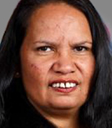
Megan Krakouer
Director
National Suicide Prevention & Trauma Recovery Project (NSPTRP)
Topic: A Cry For Help – The Suicide Crisis Among Indigenous Youths
Megan Krakouer, LLB, is the Project Director of the National Suicide Prevention & Trauma Recovery Project. Megan has a long history working alongside the most vulnerable. Megan also contributed to the Royal Commission into Institutional Responses to Child Sexual Abuse, visiting 27 prisons.
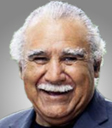
Ghillar Michael Anderson
Senior Euahlayi Law Man, Goodooga, New South Wales
Topic: Defining Solastalgia And Its Impact On The Emotional And Spiritual Wellbeing Of The Indigenous Community
Michael Anderson (Nyoongar Ghurradjong Murri Ghillar) is an Aboriginal rights activist, leader of the Euahlayi tribe of 3,000 people living in north-western New South Wales, and Native Title claimant to their traditional lands on their behalf.
From 1969 Mr. Anderson was a leader in the Australian Black Power movement and was appointed by his peers as the first Aboriginal ambassador to white Australia after he and three comrades established what was later called the Aboriginal Tent Embassy on the front lawns of Australia’s parliament house in 1972.
He was taught Euahlayi customs and traditions through his people’s sacred ceremonies. In 1979 he was appointed to the Office of the Public Prosecutions in criminal law as an instructing officer (the equivalent of a solicitor) in the state of New South Wales.
Mr. Anderson has lectured in Aboriginal studies and Aboriginal politics at several Australian universities, writing and teaching units in Aboriginal studies that were inclusive of traditional Aboriginal society. He is the National Convenor of a new political movement in Australia that is promoting worldwide the continuing sovereignty of indigenous peoples.
Mr. Anderson is also involved in connecting the sacred songlines of the ancient traditions of Aboriginal peoples around the world in an attempt to prove that they have a Dreaming that links them to the original creation.
Mr. Anderson has also played professional Rugby League football, a game not too dissimilar to the American Grid Iron. He also paints in the dot technique.
He lives on and runs a sheep and cattle property on his ancestral lands on both sides of the New South Wales and Queensland border in the lower Ballone river system.
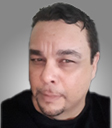
Cleavon Davis
Director
Kalka Healing
Topic: Kalka Healing ‘Healing Starts With You’ Aboriginal And Torres Strait Islander Coping And Response Suicide Prevention Training Workshop
Cleavon Davis is a proud Kalkadoon/Wannyi/Eastern Arenta man from Mount Isa North West Queensland born and bred. He has work in mental health for the majority of his life, he is an accredited Aboriginal counsellor experienced and qualified for over 10 years. He is also a specialist in Aboriginal and Torres Strait Islander suicide prevention, and has been involved in suicide for over 20 years of his life and learn and listen each day around the grief and loss it brings to individuals, families and communities especially in the Aboriginal and Torres Strait Islander communities.
Cleavon is from a hot spot for suicide in North West Queensland Mount Isa, throughout his life he has lived experience and have watched such a disease from abroad destroy our culture our families and our communities. He wanted to become a part of the solution, so he listened more and designed a unique approach to Aboriginal and Torres Strait Islander suicide prevention. He also understand that you don’t need to be diagnosed with a Mental health illness to complete a suicide as an Aboriginal and Torres Strait Islander.
He has worked in various fields throughout his career and have experienced systematic racism, institutional racism, stereotypical racism, racism from society and the unconscious bias at its highest, as an Aboriginal man. He has also experienced depression regarding family violence and relationship breakdown and the fight that he had to endure when everything was taken from him as an Aboriginal man.
He has applied and met with various hierarchies to creating a space that supports and prevents his people from such uncontrolled thoughts and to control and divert such unrestrained thoughts, but it has been such a traumatic journey for him to keep a float and how the system holds the resources to progress and if under resourced it does not give support to such a unique approach in educating, training, awareness, empowerment, confidence building, strengthening through an Aboriginal healing approach which is delivered culturally safe culturally sensitive and culturally appropriate and by an Aboriginal man. He did not just design “Healing Starts With You” for Aboriginal and Torres Strait Islander peoples but also for Non-Indigenous people to understand that Aboriginal and Torres Strait Islander suicide is different to Non-Indigenous peoples. (Only Aboriginal people are the experts in their own culture and healing).
He has a passion and has designed a unique style that even supports delivery to remote communities throughout Australia which counters against such a disease and helps his people. It has been a hard journey but he is still here, but always know “Healing Starts with You”.
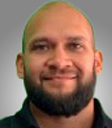
Kevin McKenzie
Team Leader
ALIVE & Kicking Goals! Suicide Prevention Project
Topic: Australia’s First Suicide Prevention App For the Indigenous Community
Case Study: Kicking Out Depression – How The Alive And Kicking Goals! Program Helps Enhanced Indigenous Youth Self-esteem
Kevin McKenzie is the Chair of the iBobbly Advisory Group. Kevin is a Jabirr Jabirr & Ngarinyin, Bard, Minang & Goreng (Noongar) man who is the Team Leader of the ALIVE & Kicking Goals! Youth Suicide Prevention Project based in Broome WA.
Kevin wanted to join the group as he is passionate in suicide prevention and providing a source of hope, self-awareness and empowerment for the youth of our future.
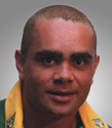
Nathaniel Blacklock
Founder
NB2
Workshop (B): Indigenous-specific Suicide Prevention Training
Nathaniel Kyle Blacklock formerly played professional Rugby League for 14years and represented Australia 6 times, twice playing and 4 times being in the Australian squad. After he has retire from rugby league, he has fell into a state of depression and has tried to take his life 3 times by overdosing on opioids and sleeping tablets. He kept waking up and found his SPIRIT would not allow him to take his life. He went back to Tingha and stayed with his mum. In that time period of 8 to 9 months of being home in Tingha, he started to spend time out bush and connecting with his culture. He found every time he would connect to culture. He would start to heal and gain strength within himself to move on with his life. He now wants to share his experience with others who have given up and have lost hope. He does not have a diploma, cert 4 or 5 in mental health. However, he has a lived experience and has been lucky to be taught cultural ways from his uncle Earl Munro. His uncle showed him sacred sites and stories from their past that has motivated him to help others. He has been doing cultural healing sessions in his community out on country. He has to look after his community before he goes preaching in other communities.
Nathan helps others find their Identity, connect with kinship (family), connect with culture, community, Spirituality and ancestors, mind, body and soul.
Nathan prefer not to use the word Mental Health. When someone is not in the right frame of mind, they have lost a connection to something or someone that has been their motivation, happiness and has kept their Spirit alive. He wants to help that person find what they have lost their connection with. We all have certain people and things in our lives that keep our spirit alive and glowing, but once we lose that connection then we go into shut down mode and that’s when we start to slowly give up and lose our spirit.

Caroline Kell
Founder
Blak Wattle Coaching & Consulting
Chairperson
Topic: Victorian Aboriginal Communities Response To Mental Health
Caroline is a proud descendant of the Mbarbrum (Bar-brum) peoples. A sovereign nation, West of the Atherton Tableland Regions in Far North Queensland. She was born and raised on Kulin Nations however – with her single mum and 4 siblings in social housing in Preston, later Regional Victoria.
Caroline is the Founder and Director of Blak Wattle Consulting. A purpose driven consulting and coaching agency; on a mission to help the next wave of Indigenous leaders and thinkers.
Caroline’s very own hardships have fulled her deep passion to rewrite historical wrongs. To see improved outcomes in Aboriginal health, social emotional well-being, economic and political opportunities for all Aboriginal Communities. She majored in Counselling and possesses a Bachelor in Social Science.
Prior to launching Blak Wattle Consulting, she had an extensive leadership career spanning across the therapeutic, community health and government sectors.
She played a key role in Treaty discussions in Australia. Played an integral role during the COVID-19 response, and recently oversaw the development of Balit Durn Durn, the Victorian Aboriginal Community Control (VACCHO) report to the Mental Health Royal Commission.

Laura Grattidge
Project Manager
University of Tasmania
Topic: The 4 Cs And Their Role In Suicide Prevention For Indigenous Youth In Rural Australian Communities
Laura is based at the Centre for Rural Health (CRH), University of Tasmania, and currently finalising the local-level evaluation of the National Suicide Prevention Trial (NSPT) in Tasmania. Adopting a Participatory Action Research approach, this process evaluation highlighted what is needed to implement suicide prevention strategies and a systems-approach at the regional/rural community-level, to empower communities and target at-risk populations. Other program evaluations recently managed include the Community Responses to Eliminating Suicide (CORESTM) gatekeeper suicide prevention training.
Laura’s experience spans across project, data, and research-related roles, across state and federal government organisations in Australia. Notable experiences for Laura include her roles at the Royal Commission into Institutional Responses to Child Sexual Abuse, the Western Australian Department of Health, and the Australian Institute of Health and Welfare.
With a public health and psychology academic background, Laura has interests in public and mental health, suicide prevention, and other complex social issues impacting local communities and vulnerable groups. Laura is focused on conducting research in these areas to influence policy and social change in Australia’s regional and rural areas, providing a voice for Indigenous Australians, youth, children, and people affected by mental ill health and suicide. Laura is an advocate for people with a lived experience of suicide and mental ill health, representing Australia within the Global Mental Health Peer Network.
Laura commenced a PhD in 2020, building on academic and professional experiences to develop ‘Best Practice Guidelines for Youth Suicide Prevention in Rural Australian Communities’. The Guidelines will draw on expertise across Australia, key learnings from the NSPT and NSPT Tasmania and other suicide prevention research, incorporating expert insight from people with lived experience. The Guidelines will be available to community-level organisations across regional/rural Australia, providing practical solutions and an evidence-informed resource for planning and delivering suicide prevention initiatives at this level.
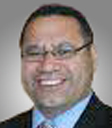
Michael Naera
Senior Advisor
Te Hiringa Hauora
Topic: Improving Maori Mental Health and Suicide Prevention Initiatives
Michael is from Aotearoa New Zealand. He comes from the Te Arawa confederation of tribes in the central North Island. He has traveled the world speaking on indigenous suicide prevention and mental health. Particularly promoting and sharing the Turamarama Declaration. In 2016, Michael helped set up the inaugural World Indigenous Suicide Prevention Conference and Youth Summit in New Zealand. Since then, he has continued to advise on the global organizing committee in Australia and now Canada. Michael is undertaking his PHD research on preventing Maori suicide prevention. He say’s the lack of evidence on Maori and indigenous suicide prevention is somewhat lacking and he aims to change that. It’s important we change the narrative beyond the constructs of psychology and into the realms of indigenous knowledge and be unapologetic about doing that.
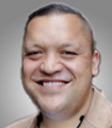
Alexander Stevens II
Chief Executive & Founder
StandingTallNZ
Topic: Helping Māori And Pacific Men Affected By Childhood Sexual Trauma And Suicidal Behaviour
Chief Executive and health professional Alexander W Stevens II (Ngapuhi, Ngati Kahu) is the founder of StandingTallNZ.org. This online E-health digital platform service supports Maori and Pacific men affected by childhood sexual abuse. StandingTallNZ.org also assists support people and community organisations in understanding how to deal with sexual abuse disclosures and where to access help. It is the only indigenous led organisation in New Zealand which offers this specific support.
With his background in research, addictions, suicide prevention, mental health and sexual violence trauma. Alexander presents the latest information on childhood male indigenous sexual violence recovery to both community and Government levels in Aotearoa / New Zealand.
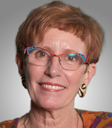
Susan Murray
Practice Leader
Zero Suicide Institute of Australasia
Keynote: Addressing The Problem Of Depression, Despair And Suicide In Australia’s Indigenous Communities
Sue Murray is a health promotion advocate dedicated to improving the health and wellbeing of all people.
Throughout her career she has focused on health for the community having led several organisations focused on education, cancer control, chronic disease and suicide prevention. She has expertise in organisational development, education, communications and income generation.
Formerly with Suicide Prevention Australia, Sue now leads the Zero Suicide Institute of Australasia which advocates for local implementation of two programs. First, Zero Suicide Healthcare, supports the healthcare system understand and more effectively manage those who are vulnerable to suicidality. Second, Crisis Care Now, offers alternative pathways to hospital emergency departments when requiring mental ill-health crisis care.
Sue is a Director of Good2Give and ShareGift Australia; a member of Chief Executive Women and the Centre for Social Impact Sydney Advisory Council and a graduate of the AICD. She is formerly a director of Research Australia and Chair of Macquarie Community College.
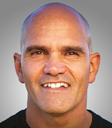
Jeffrey Morgan
Health & Wellbeing Consultant/Nutritionist
The Lifestyle Program
Topic: Aboriginal Community Health & Well-Being Projects
I’m Jeffrey Morgan! A lifestyle coach, helping to empower people to sustainable, enjoyable, and healthy lifestyle habits and rituals.
Growing up in Redfern NSW, a disadvantaged notorious neighbourhood, I was surrounded by bad habits, unhealthy diets and poor mental health.
At 12 years old, I left my home to live on the streets.
After losing both my parents to cancer, one brother to suicide & one to a preventable illness I became passionate empowering people through the LIFESTYLE PROGRAM™
Today, this program has been adopted by many across the globe.
I’m proud to make a difference in people’s lives.

Ally Kelly
Chief Executive Officer & Founder
Mind Blank
Topic: Case Study: Top End Mental Health Awareness Program – A Suicide Prevention Initiative
Ally Kelly is the Chief Executive Officer & Founder of Mind Blank Ltd. A charity set up to aim to reduce the risk of suicide through interactive workshops in schools, workplaces, and communities. She has led the organisation through 10 years of service with her programs directly reaching just under 40,000 Australians. In 2016 she formed an alliance with TeamHEALTH supporting the annual Mental Health Awareness tour. In 2019 this collaboration was presented with The Mental Health Services Award for Mental Illness Prevention which received Australasia recognition.

Kylie Ella
Deputy CEO and Mental Health Promotion Manager
TeamHEALTH
Topic: Case Study: Top End Mental Health Awareness Program – A Suicide Prevention Initiative
Kylie Ella is the Deputy CEO and Mental Health Promotion Manager TeamHEALTH (Top End Association for Mental Health Inc). TeamHEALH provides evidence-based mental health services, focused on support, recovery and rehabilitation across Darwin, Palmerston and the regional and remote communities of the Northern Territory’s Top End. This includes Katherine, Maningrida, and Gunbalanya. Kylie joined TeamHEALTH in October 2015. Her background includes over 15 years of experience in psychology and public health. Kylie supported the initial rollout of the Mental Health Awareness tour. The collaboration is now celebrating 5 years of community impact.
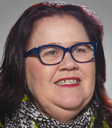
Nola Turner-Jensen
Lead Mindset Researcher
CultuRecode Project
Topic: How Behavioural Science Can Help Explain Aboriginal Patient Exclusion
An Aboriginal Australian Language historian from the Wiradjuri language group. An experienced Social Worker running youth shelters for many years. Nola has been the lead researcher on the CultuRecode Project for the last six years– identifying Behavioural science can help explain the cause of Aboriginal disadvantage and conflict.
Nola is the content writer and e-learning designer over the last eight years for Crackerjack Education. Crackerjack is Australia’s leading Indigenous run education company for Teachers and educators.
Nola has worked for many years to overcome Mental Health issues within Collective populations, including the being lead researcher in the Many Ways Forward Aboriginal Suicide Prevention and Referral pathways project across Qld in 2020.
Chosen as a 2021 Community Changemaker within the Yanalangami: Strong Women, Strong Communities Changemakers Program.
Nola is currently leading a Wiradjuri Toponymy Project under the direction of the Wiradjuri Elders, to restore language place names and their use within the boundaries of her mother’s people.
An accomplished writer Nola has published four Aboriginal children’s books and was awarded a Fellowship of the First Nation Australian Writers Network in 2019.
Nola was chosen as one of 12 Aboriginal women to be featured in the 2018 NAIDOC(National Aboriginal & Islander Day Organising Committee) E-Book celebrating the leading Aboriginal female entrepreneurs in Australia.
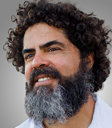
Jason Engelbrecht
Kurradji - Indigenous Australian Medicine Man
Kurradji Dreaming
Topic: A Kurradji’s Approach to Suicide Prevention
Jason Engelbrecht is known as a Kurradji, an Indigenous Australian Medicine Man of mixed genealogy. As a Medicine Man who has undergone psychic initiations by spirit, he has been gifted the ability to conduit hundreds of Medicine People and other beings of the light. Jason is regarded as a real Indigenous shaman—who is not trained, not been chosen in community, and whose abilities aren’t of an inherited nature—who uses crystals, sound medicine, and other tools in his work.
Together with his partner Shelley, he travels throughout NSW and southern QLD providing spiritual alignment sessions and facilitating Kurradji Dreaming group experiences. Their work is offered both in-person and by distance to suit all schedules and geographic circumstances. Jason also creates Kurradji Medicine crystal wands. Clients purchase them to continue the work at home, by being empowered in their own healing process.
The experiences in his early life have given him a very good understanding of how trauma can become lodged in the cells and can have a lasting impact on one’s life. Jason’s unique work takes place on a cellular level to lift and shift humbug and ailments.
Jason’s clients report that they feel lighter, and more connected to themselves, their spirit, and Mother Earth. Often Jason’s clients present with trauma, anxiety, depression, suicidal thoughts, and feelings of hopelessness and include mental health professionals, medical professionals, military personnel, parents, teens, stressed corporate executives, and everyone in between.
Jason’s vision has been to set up empowerment centres across the country, where people can go for healing, learning, and connection with each other as a community. He started The Indigenous Australian Collective back in 2017 as a vehicle to gain support for this. Sadly due to lack of support, interest, and response, the collection of historical documents needed to be sold, but the vision remains.
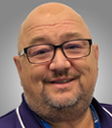
Wayne Williams
Coordinator, Indigenous Curriculum at Rural Clinical School in Toowoomba
University of Queensland
Topic: A Cherbourg Case Study: IASIST – Indigenous Applied Suicide Intervention Skills Training
Wayne is a proud Wakka Wakka Man from the South Burnett Region of Queensland. He completed his Batchelor of Education at the University of Southern Queensland, Majoring in Special Education. Upon completion of his degree, he worked for The Department of Education (Queensland) as a classroom teacher, Regional Manager of Indigenous Education, Principal Project Officer on the Embedding Aboriginal and Islander Perspectives in Schools (EATSIPS) program, Deputy Principal (Curriculum, Teaching and Learning) at the Hymba Yumba Indigenous Community Hub. Wayne is currently the Coordinator, Indigenous Curriculum at the University of Queensland, Rural Clinical School in Toowoomba, and the Academic Lead for the Indigenous Health and History component of the Rural and Remote Medicine program.
Wayne is also the Lead Trainer for the IASIST (Indigenous Applied Suicide Intervention Skills Training) program for Living Works Australia.
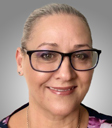
Katherine Houareau
Founder & CEO
Changing Lives Australia
Topic: The Power Of Lived Experience Suicide Prevention, Peer Support Workers
Katherine is the Founder & CEO of Changing Lives Australia – Empowering People to Make a Difference where she is recognised as a Lived Experience influencer, disruptor, mental health activist, speaker and community advocate in the area of Mental Health, Suicide, Family Domestic Violence and Recovery with a focus on Peer Suicide Prevention as a Mental Health Support Worker, Accredited Lifestyle & Wellness Coach and a Mental Health First Aid Instructor. Her experience expands more than thirty years and includes community development with Peers in recovery, specialist projects, policy innovation, strategic planning, training, and developing and facilitating a peer led group called “LIFE – Living is For Everyone – Suicide Attempt Survivors Support” with the Wanneroo and Communities Suicide Prevention Network, which she has Chaired for more than fours years and is supported by Wesley LifeForce and funded by the Australian Government. Kat advocates for community, vulnerable and marginalised groups, facilitating, writing and speaking Internationally and Australia wide at events on Intergenerational Trauma, Family Domestic Violence, Sexual Trauma, Mental Health, Suicide Prevention from the perspective of (Ideation and Attempt Survivors), the Recovery Journey from “Surviving to Thriving”, Post Traumatic Growth and Wellbeing.

